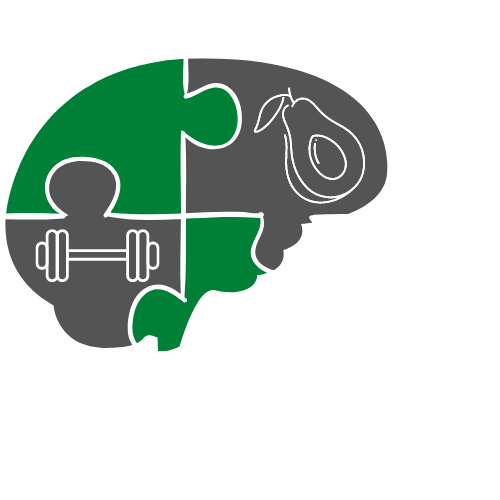by Yemi Lekuti, Ph.D., LPC, CGP

When we hide our feelings to appear put together, we do ourselves and those around us a disservice. In the counseling world, we understand the power of emotional vulnerability and the impact it generates on those we are close to. It creates opportunities for closeness, transparency, and building trust. We understand that emotions are complex and how we process emotions differ depending on an individual’s past experiences. The most alarming thing about society is our urgent desire to see people feel better faster because of our inability to sit with uncomfortable feelings. Because of this, we find ourselves saying things like, “I did not know you were struggling. You carry it well.”
What does that mean?
Ultimately, it translates to the lengths people go to appear okay, unbothered, or unscathed by the hardships of life. Emotional suppression is the habit of controlling vulnerable, uncomfortable, or painful emotions so well that people think we are doing fine: but we are not. The purpose of carrying struggles well is to keep up the illusion that we are unaffected, can handle any painful, hyper-independent situation, or be examples of being experts at shutting off or detaching from human experiences. Simply put, we have trained ourselves to be unphased while carrying invisible pain.
On the other side of the coin, the phrase ‘carrying it well’ is neither purposeful nor a compliment. It is a reinforcement of emotional suppression for some, a reminder that emotional expression is ‘weak,’ or maintaining the façade that you can handle anything and everything independently. This can indirectly send messages to others that you can handle more than you can bear. Somewhere along the way, we have mistaken carrying hard emotions well as a badge of honor.
We should not want those around us to carry pain ‘well,’ and we should acknowledge that we, on the receiving end, do not know how to handle pain well either, so we awkwardly say things that are not needed at the moment. Showing compassion is being empathetic, but it is also sitting with others in their pain and hurt. Comforting each other is a unique skill to have. It does not mean that it is our responsibility to solve their problems, but it is helpful to look at another human and see them for what they are: a human being human experiencing life.
We are in danger of creating an unrealistic expectation that everything we encounter is supposed to be comfortable because we do not know how to handle anything opposite of it. We should not work so hard to have an aversion to vulnerable or uncomfortable emotions. We should practice learning how to carry all of our emotions – unsuppressed. We can learn to voice our emotions without behaving unjustly or inappropriately. We can learn how to sit with our emotions a bit longer instead dismissing them, which teaches others how to dismiss them too.

